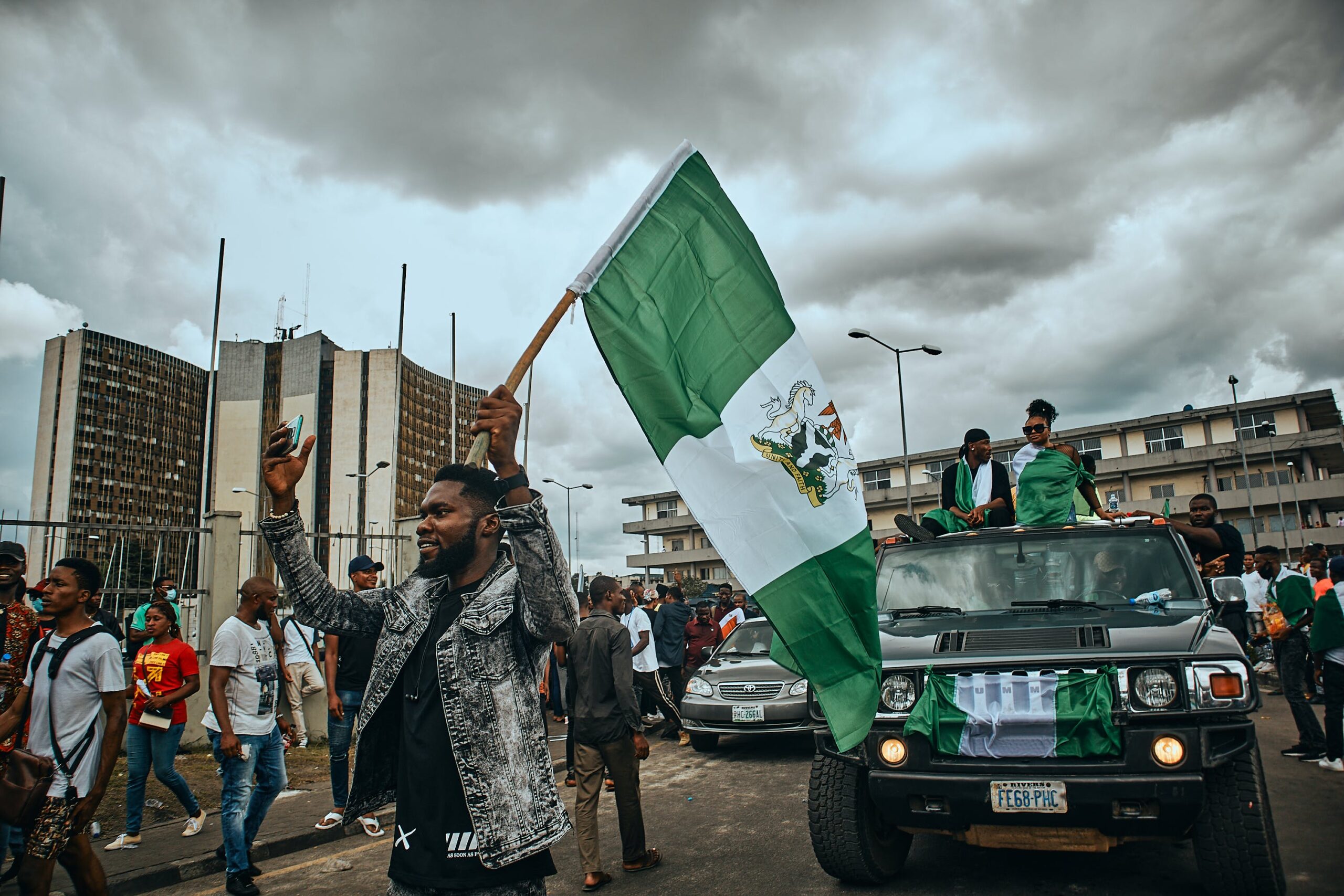Features
Rita Chidinma: Will Nigeria Ever Be Better?

I used to be one of those who could confidently say that Nigeria had never happened to them. I read the news daily, aware of the vices and hardships plaguing our dear nation. Yet, in my little corner, I worked hard, and by the grace of God, life was good.
That changed during the attempted migration to the redesigned naira notes in early 2023. My first brutal exposure to Nigeria happening came when, despite having money in the bank, there was suddenly no cash. POS operators and some bank staff were having a field day selling naira. I also paid unreasonable amounts to have some cash at home — the network for transfers was so poor that I had little choice.
I remember trying to withdraw N30,000 from a POS vendor who insisted her charge would be N5,000. Over time, I adjusted to the situation, making payments online and managing the reality of a cashless economy. Bulk shopping became the new norm, with detailed planning to avoid constant transactions. Just as we were getting used to this new normal, the whole thing was reversed.
We seem to have collectively forgotten the harshness of those cash scarcity days, but one thing stood out — the experience opened our eyes to the benefits of a cashless society. It made me, and many others, spend only when absolutely necessary. We became more calculated with our purchases, which wasn’t entirely a bad thing.
Now, we’re battling with high fuel expenses. I always tell myself that if I had anticipated the subsidy removal announcement of the president on May 29th, 2023, I would have at least ensured I had a full tank to wait out the commotion and hardship that would immediately follow. Overnight, fuel prices tripled, and queues at petrol stations returned with full force. The hardship was immediate, and many months later, we are still struggling to adjust to the sustained fuel price hikes.
Every day Nigerians like me are doing their best, but there’s a persistent uncertainty in the air. Have we seen the worst yet? Will things get even harder before they improve? Who is speaking up for the masses? How can regular Nigerians, who have no ties to power or politics, keep surviving? How can we trust a government that doesn’t seem to care about the well-being of its citizens? Grocery prices are over the roof, and for many households, the high cost of fuel is eating away at what little is left for other essentials.
More often than not, I see cars being pushed into the nearest filling station, and it’s clear that the driver has run out of fuel in the middle of the road. Nigeria is increasingly viewed as a place to “escape from.” Many young people have left for seemingly greener pastures, while others who have sought a better life abroad often face untold hardships. Those who remain feel trapped, unseen, unheard, and desperate.
I often wonder why it seems like a crime to hold on to hope for my motherland. Whenever I’ve expressed optimism about our country, I’ve been labelled as crazy or a sufferhead. I recall an acquaintance telling me that while Nigeria may improve for individuals and families, it will never truly get better for citizens as a whole.
Dear reader, are you still hopeful? My main source of hope is that our generation is becoming more aware and actively involved in nation-building. It may take time, but I believe we can create positive change. After all, it is usually darkest just before dawn.
***
Featured Image by Emmanuel Ikwuegbu for Pexels


















